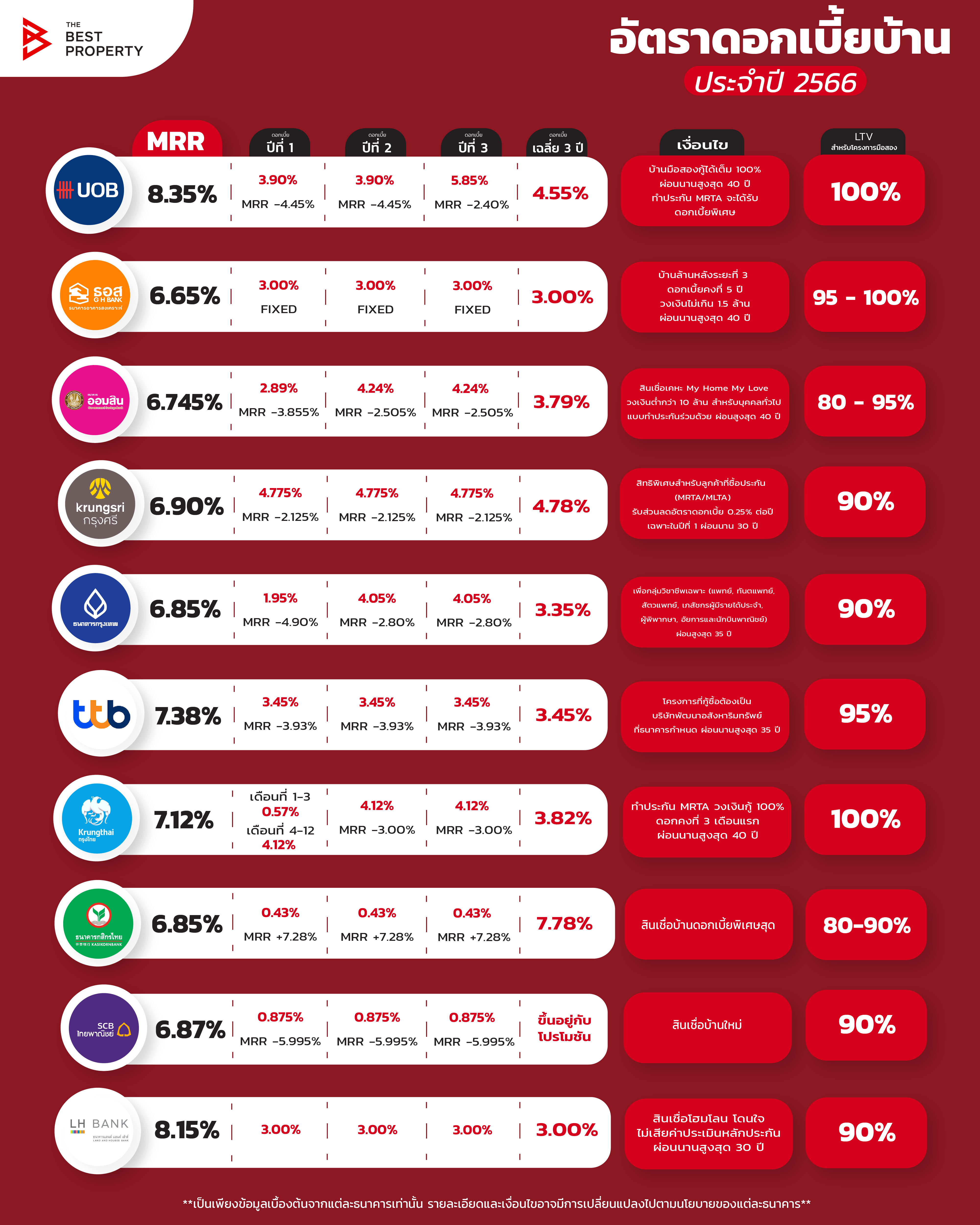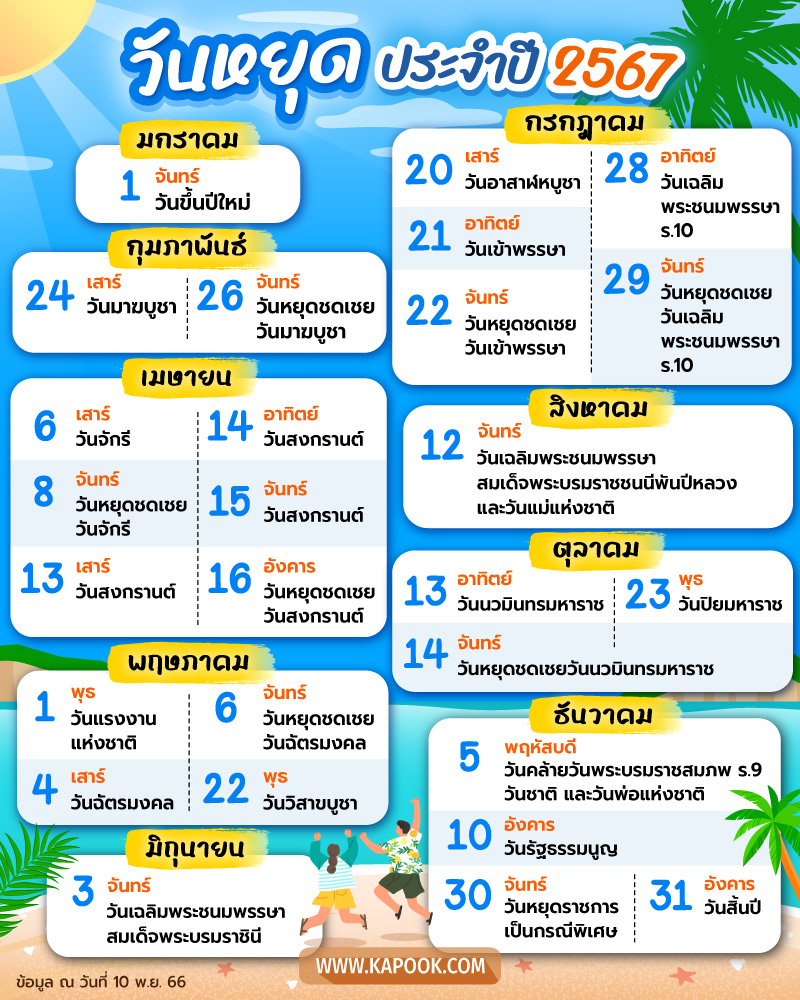ป้ายกำกับ: Thai Superstitions
Unraveling the Mysteries: A Guide to Thai Superstitions
Have you ever wondered why your Thai friend might refuse to eat certain foods or avoid stepping on cracks in the sidewalk? You’re not alone! Thailand is steeped in a rich tapestry of cultural traditions and beliefs, many of which are rooted in ancient superstitions.
These superstitions are woven into the fabric of everyday life, influencing decisions from what to wear to when to travel. But don’t be intimidated! Understanding these beliefs can offer a fascinating glimpse into Thai culture and its history.
This article will act as your guide, exploring the world of Thai superstitions and helping you navigate the sometimes-mystical world of Thai customs. So, grab a cup of tea, settle in, and let’s discover the fascinating beliefs that shape Thai life.
Common Thai Superstitions: From Ghosts to Good Luck Charms
Thai superstitions are diverse, covering everything from everyday actions to significant life events. Here are some of the most common ones you might encounter:
Ghosts and Spirits:
- Beware of the Phi: In Thai folklore, the spirit world is believed to be populated by various entities, collectively known as Phi. These spirits can be playful or mischievous, even malevolent. You’ll find Thais offering food and prayers to appease the Phi, especially at crossroads and ancient sites.
- Don’t Whistle at Night: Whistling at night is said to attract Phi and is considered disrespectful to them.
- Ghosts and the Head: The head is considered sacred in Thai culture. It’s believed to house the spirit, so avoid touching someone’s head or pointing your feet towards someone, especially an elder.
Everyday Superstitions:
- Lucky Numbers: Seven is considered a lucky number in Thailand. You’ll find it associated with good fortune, abundance, and prosperity.
- Mirror, Mirror, on the Wall: It’s considered bad luck to break a mirror, as it’s believed to bring seven years of misfortune.
- Don’t Step on Cracks: Similar to some Western beliefs, stepping on cracks in the sidewalk is thought to bring bad luck.
- Good Luck Charms: Many Thais carry or wear good luck charms, such as amulets or bracelets. These are often believed to offer protection and ward off misfortune.
Superstitions Around Birth and Death:
- Birthdays and Spirits: A person’s first birthday is considered extremely important and often celebrated with special ceremonies to ensure their well-being.
- Mourning in White: White is the color of mourning in Thailand. It’s worn by family members who have lost a loved one and is considered a respectful gesture.
Understanding the “Why” Behind Thai Superstitions
The fascinating thing about Thai superstitions is that they often have deeply-rooted cultural and religious origins.
Many beliefs stem from Buddhist teachings about karma, reincarnation, and the interconnectedness of all things. For example, the belief that stepping on cracks brings bad luck is rooted in the concept of karma.
Other superstitions are rooted in traditional beliefs, passed down through generations. These beliefs reflect a strong connection to the natural world and a deep respect for ancestral spirits.
Navigating Thai Superstitions: Respect and Open-Mindedness
When encountering Thai superstitions, it’s crucial to approach them with an open mind and a sense of respect.
- Don’t Judge: Superstitions are a part of Thai culture and should be viewed with understanding, not judgment.
- Be Polite: If you’re invited to a Thai home, it’s always a good idea to be mindful of their customs. Offer to take off your shoes before entering, respect the hierarchy within the family, and avoid touching someone’s head.
- Learn and Appreciate: Taking the time to learn about these beliefs will enhance your understanding of Thai culture and enrich your interactions with local people.
The Takeaway: Embracing Cultural Diversity
Thai superstitions are a fascinating window into the cultural and spiritual world of Thailand. They offer a glimpse into the beliefs, values, and traditions that shape the lives of its people. By approaching these beliefs with respect and curiosity, you can deepen your understanding of Thai culture and foster meaningful connections.
Remember, the next time you hear a Thai friend say they can’t do something because it’s “bad luck,” take a moment to understand the underlying belief. You’ll be surprised at the rich history and wisdom behind many of these seemingly simple superstitions.
Secondary Keywords: Thai culture, Thai beliefs, Thai customs, Thai traditions, Thai folklore



